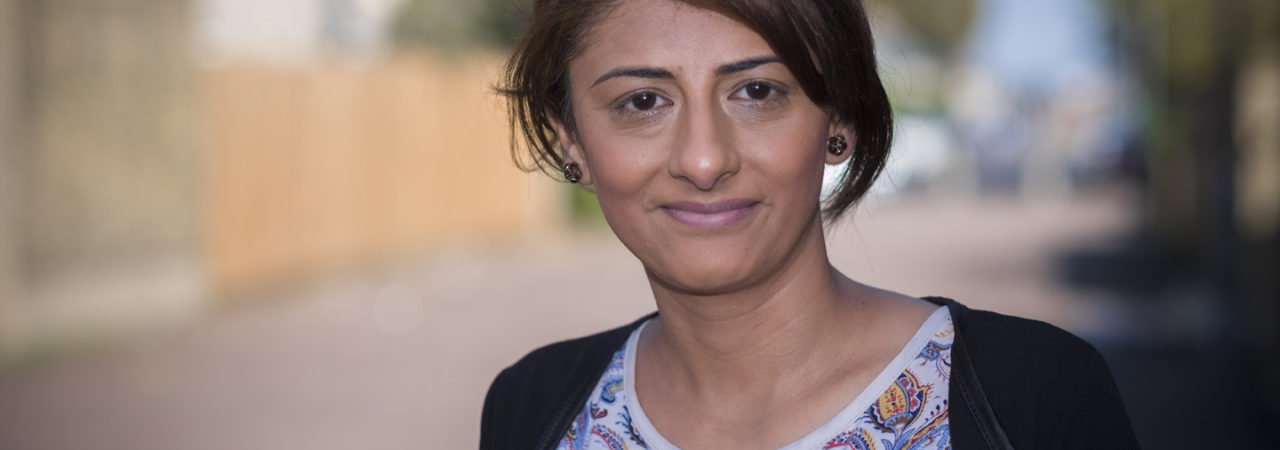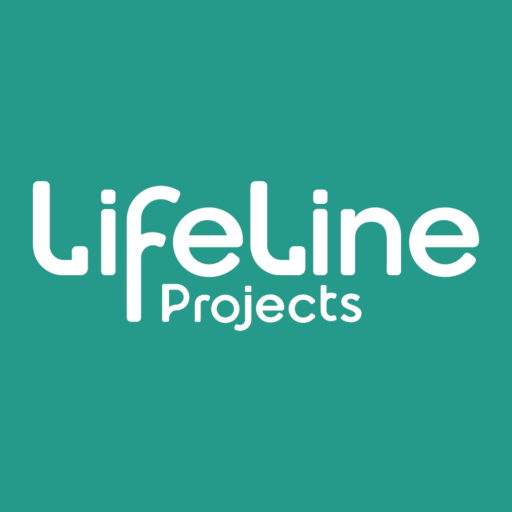Manisha was born in India and came to the UK when she was two along with her parents and siblings.


My parents have influenced the person I have become; coming to a new country, finding a job and becoming part of a new society could not have been easy.
My mother is a strong, positive individual who has passed these qualities onto her children. And my father has supported many people through the years who were struggling.
Their personalities have played a big part in who I am and my passion of making a difference and giving people hope.
Her parents always encouraged her to get an education: after attending college, she went on to university to study Health Services Management. She then began working while working on a Master’s degree in Health Promotion on a part-time basis.


These were all great experiences and gave me the understanding of the health world from an academic aspect, our behaviours as humans, and how the health care system worked at the time.
My interest in health came about when I was studying at college and become part of a peer education programme, which lead to a job opportunity; I began working for a charity whose focus was about improving the lives of young people. Following on from this, I continued working in the borough for a number of different charities, in a variety of roles all connected to health and wellbeing.
How did you come to be a part of LifeLine?


Bit of an inside joke—I apparently came free in a Cornflakes box! I have to admit it’s very cute and one of my favourites.
On a more serious note, I was transferred over from the previous provider of Healthwatch Barking and Dagenham when LifeLine Projects won the contract in 2017.
What does Healthwatch do?


There is a Healthwatch for every borough in England. Local Healthwatch are set up to champion the voices of local people and listen to their views and experiences of health and care services.
As part of my role, I use evidence from local people to challenge service providers and commissioners—those who pay for services to be run—to ensure these issues are considered when planning or redesigning services. We also provided recommendations for improvement and examples of good practice so that these can be implemented in other service areas or departments.
What's your proudest moment with Healthwatch?


Well, there’s not just one. For me, the proud moments include when we see the services respond to the needs of residents and make a real change, when an individual tells me they’re feeling better for having someone listen to their issues, and when I see our volunteers grow in confidence.
What do you like most about your job?


Knowing that we can impact the lives of people in a positive way and taking the time to listen to peoples’ stories and giving them hope and a way forward.
I have also met some amazing people who started off being colleagues and now are great friends—we end up spending so much time at work! I think it’s important that you do your job, but that it’s equally important that you can have a laugh during the day—and at LifeLine, that’s certainly true!
When you think about your work, what gives you hope?


We’ve all had to use health or social care services at some point in our lives–some of us have received good care and others not so good. Seeing services and providers make changes based on our findings is what gives me hope.
It is an exciting time for health and care services, as systems begin to integrate more and I see a real opportunity to make sure services are fully meeting the needs of our local population.
What do you think other people should know about LifeLine?


What words would your friends use to describe you?


A kind soul; a hard-working, smiley, happy person who just gets on with it!
I would also say funny, but I’ve not quite figured out yet if my colleagues are laughing at me or with me—who knows! 😊
What gets you out of bed in the morning?


Many things, especially my family, my daughter, love and hope, but very importantly God!



